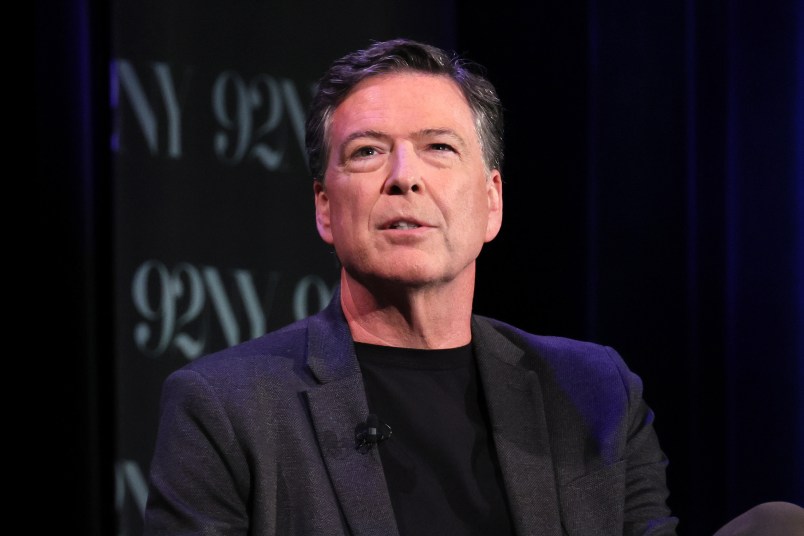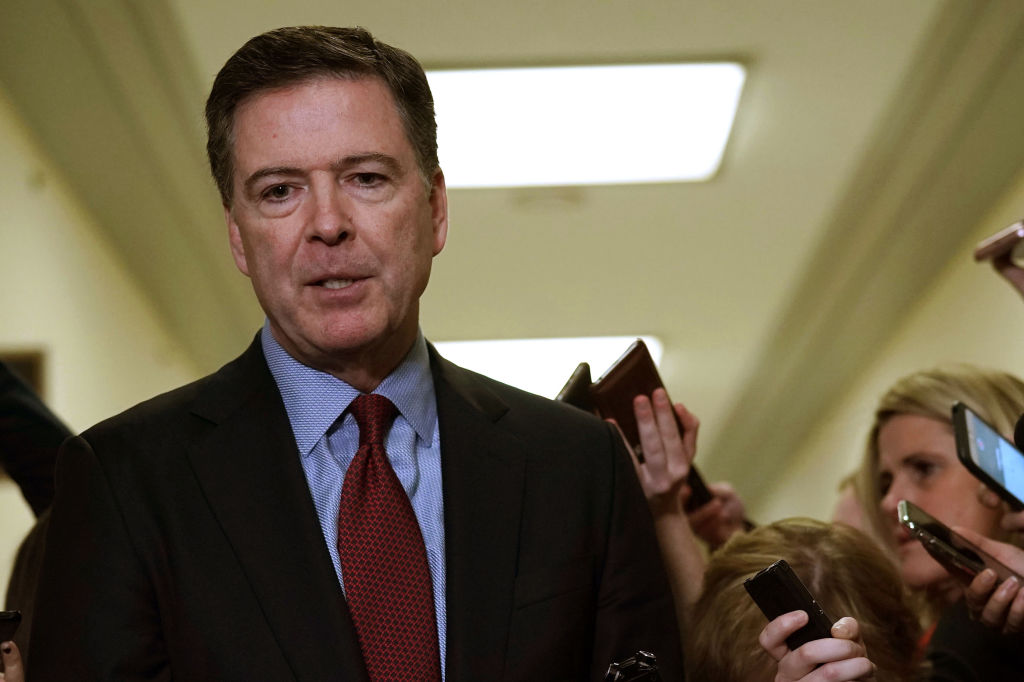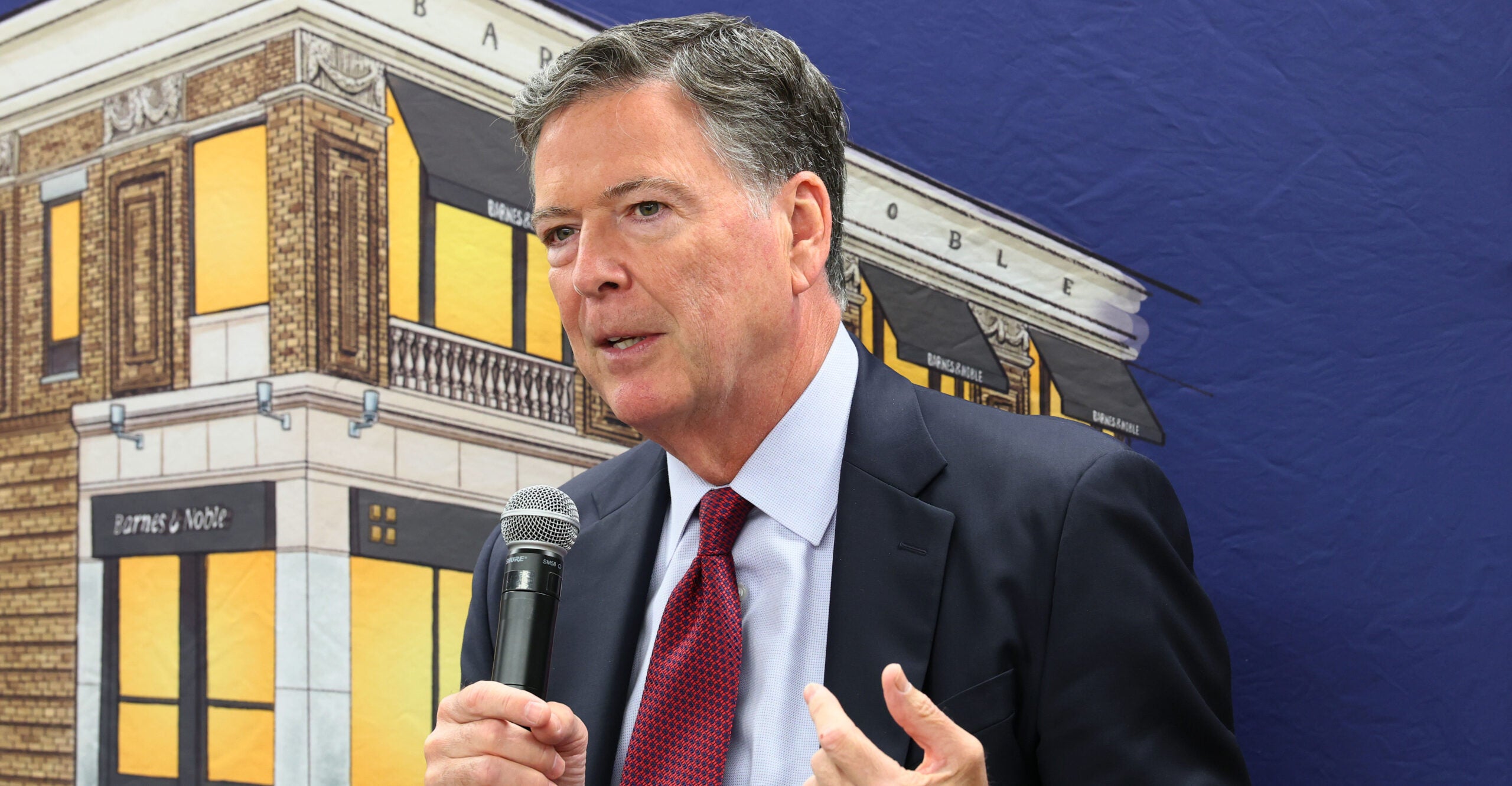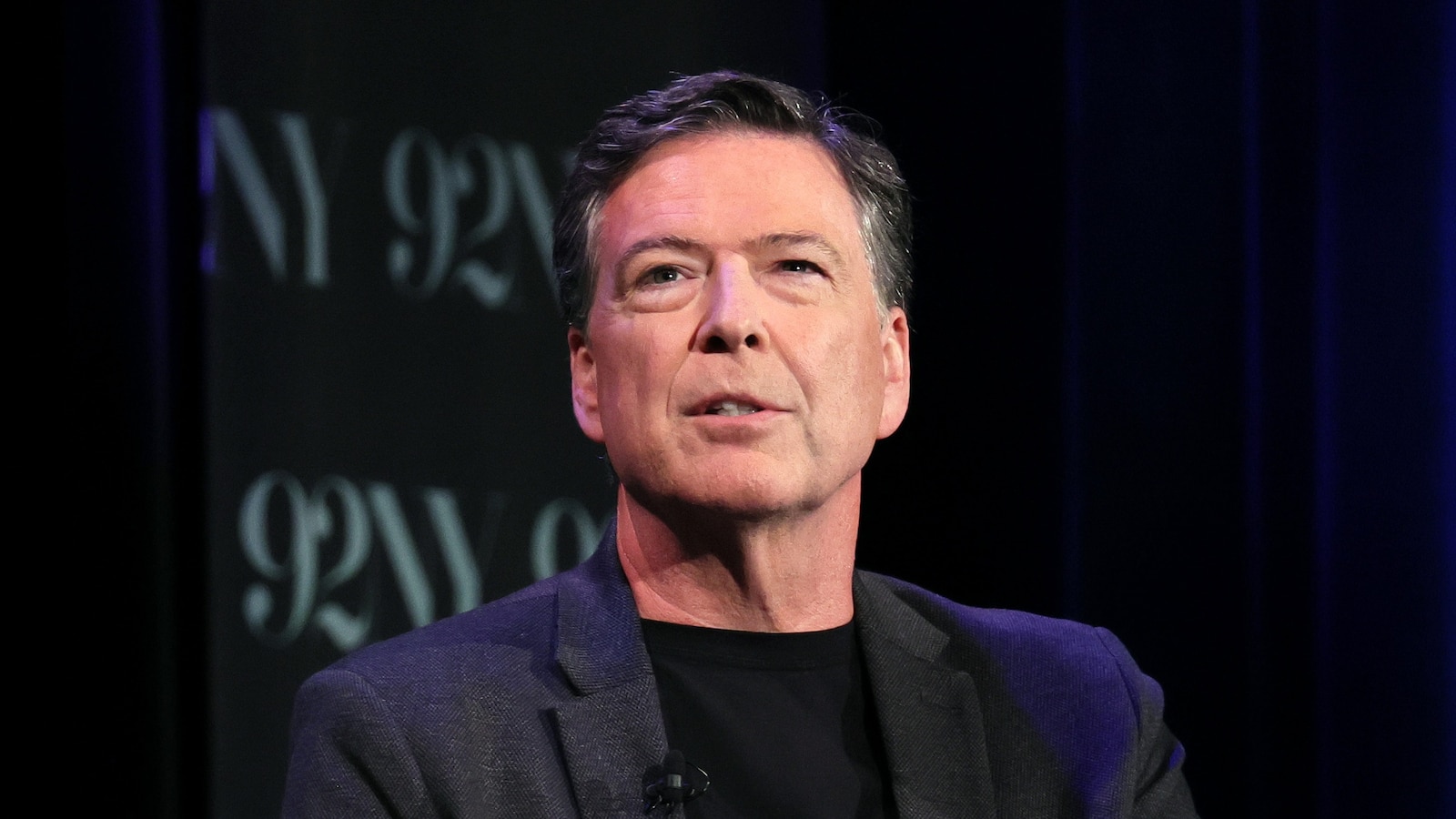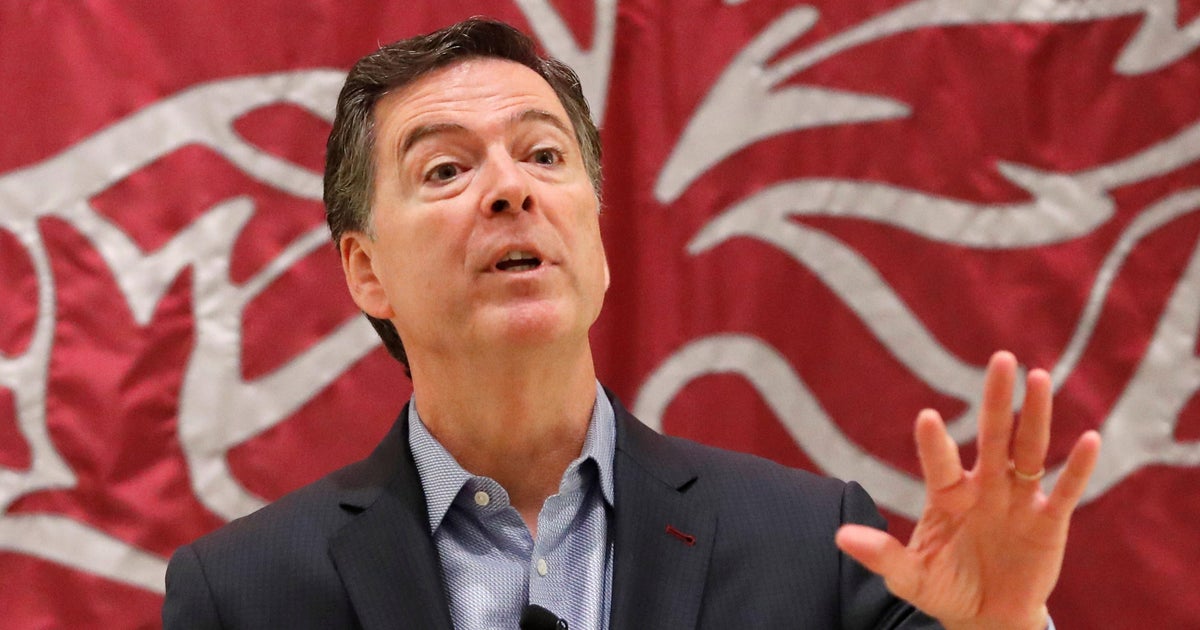Legal Scrutiny Mounts Over Indictment of Former FBI Director James Comey
Former FBI Director James Comey's indictment faces intense judicial scrutiny over procedural errors, including grand jury irregularities and a looming statute of limitations, jeopardizing the case.
Overview
- Former FBI Director James Comey is facing charges of making false statements and obstruction related to his Senate testimony, with claims of political targeting.
- The Justice Department's case against Comey is under significant scrutiny due to alleged legal errors and the prosecutor's handling of the indictment process.
- Questions have arisen regarding the grand jury's involvement, as the final indictment was not fully reviewed by the grand jury, only signed by the foreperson.
- Interim US Attorney Lindsey Halligan reportedly altered the indictment by omitting a rejected count and had the foreperson sign the modified version without a new grand jury presentation.
- The validity of the case against Comey is now in jeopardy due to these procedural irregularities, a judge's scrutiny, and the impending expiration of the statute of limitations.
Report issue

Read both sides in 5 minutes each day
Analysis
Center-leaning sources frame this story by emphasizing the procedural weaknesses and judicial skepticism surrounding the case against James Comey. They highlight the judges' repeated questioning of the indictment process and the defense's arguments for dismissal, collectively portraying the prosecution as deeply flawed and potentially tainted by misconduct.
Articles (12)
Center (3)
FAQ
Lindsey Halligan is facing scrutiny because she is a Trump ally with no prior prosecutorial experience and is accused of altering the indictment by omitting a rejected count and having the grand jury foreperson sign the modified version without presenting it to the full grand jury, raising concerns about procedural irregularities.
The indictment is threatened by claims that the final version was not reviewed by the full grand jury, only signed by the foreperson, and by allegations that Halligan altered the indictment after the grand jury rejected a count, which could violate legal procedures and jeopardize the case.
If the judge grants the motion, the charges against James Comey are likely to be dismissed, and the presiding judge will then determine the next steps, which could include further legal proceedings or closure of the case.
President Trump's public statements and social media posts have been cited by defense lawyers as evidence that the prosecutions are politically motivated, adding to the scrutiny over the impartiality and legality of the charges.
The statute of limitations is significant because if it expires before the legal issues are resolved, the charges against James Comey could be dismissed regardless of the outcome of the procedural challenges.
History
- This story does not have any previous versions.
